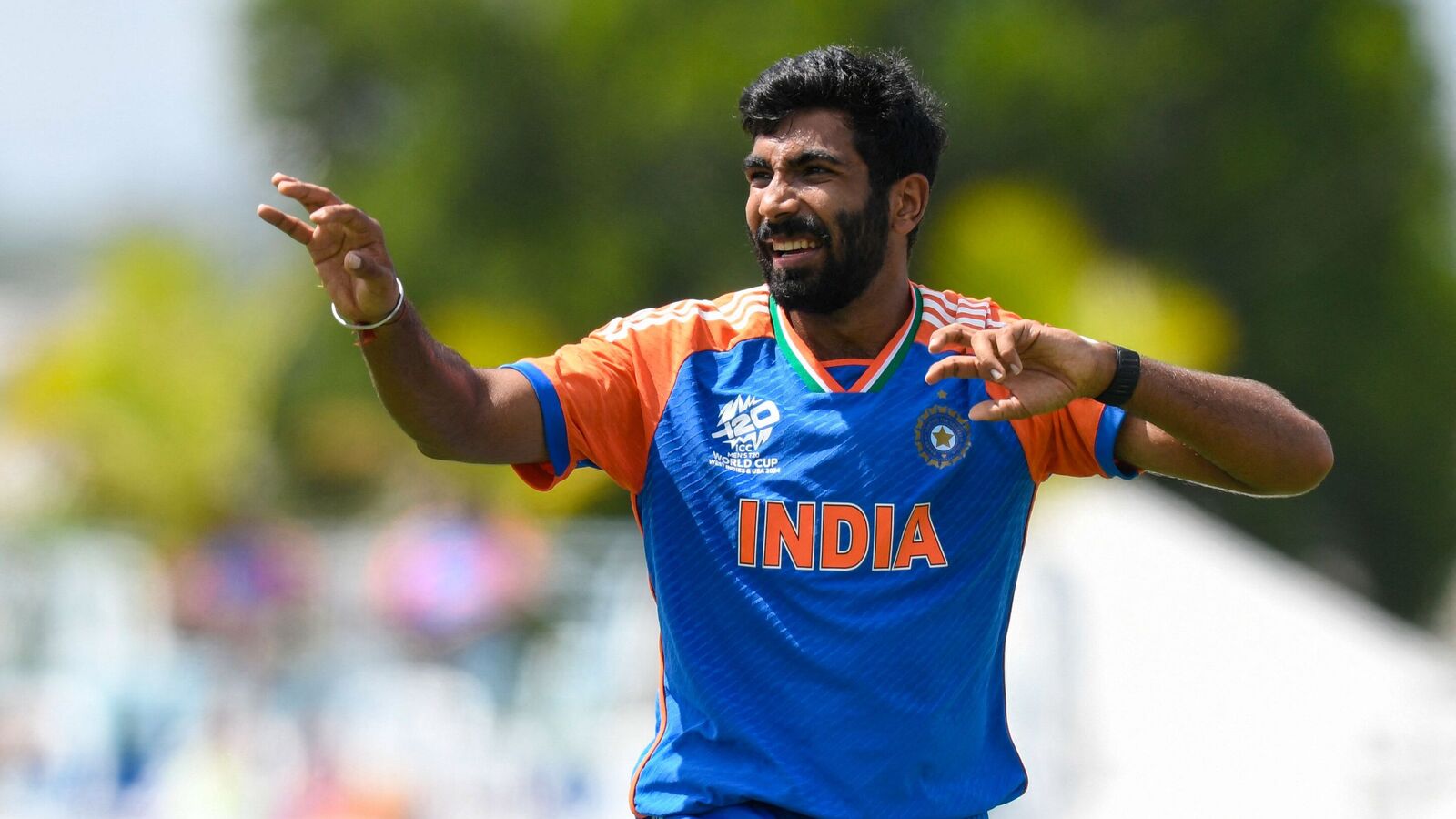The Rise of Epic Storytelling: "Shogun" and "The Bear" Pile Up Nominations for TV Emmys
The television industry has witnessed a surge in the production of epic storytelling, with shows like "Shogun" and "The Bear" garnering widespread acclaim and numerous nominations for the prestigious TV Emmys. These two shows, despite being vastly different in terms of genre and tone, have managed to captivate audiences and critics alike with their masterful storytelling, complex characters, and exceptional production values.
A Tale of Two Shows
"Shogun," a historical drama based on James Clavell’s novel of the same name, tells the story of John Blackthorne, a British ship captain who finds himself stranded in 17th-century Japan. The show explores themes of cultural clashes, power struggles, and personal redemption, set against the backdrop of a tumultuous period in Japanese history. "The Bear," on the other hand, is a culinary drama that follows the story of Carmen "Carmy" Berzatto, a young chef who returns to his hometown of Chicago to run his late brother’s struggling restaurant.
Epic Storytelling: The Common Thread
Despite their differences, both shows share a common thread – epic storytelling. Both "Shogun" and "The Bear" feature complex, multi-layered narratives that unfold over several episodes, with each installment building upon the previous one to create a sense of tension and anticipation. This type of storytelling requires a deep understanding of character development, plot structure, and pacing, as well as a willingness to take risks and push boundaries.
Characterization: The Key to Success
One of the key factors that sets "Shogun" and "The Bear" apart from other shows is their exceptional characterization. The characters in both shows are multi-dimensional and nuanced, with rich backstories and motivations that drive the plot forward. In "Shogun," John Blackthorne is a complex and conflicted character, struggling to navigate the treacherous waters of Japanese politics and culture. In "The Bear," Carmy is a flawed but ultimately relatable protagonist, grappling with the pressures of running a restaurant and dealing with the ghosts of his past.
Production Values: The icing on the Cake
The production values of both shows are also noteworthy. "Shogun" features stunning visuals, with elaborate sets and costumes that transport viewers to 17th-century Japan. The show’s cinematography is equally impressive, with sweeping shots of the Japanese countryside and dramatic lighting that adds to the sense of tension and drama. "The Bear," on the other hand, is notable for its gritty realism, with a focus on the harsh realities of working in a restaurant kitchen. The show’s use of handheld cameras and natural lighting adds to the sense of authenticity, making the viewer feel like they are right there in the midst of the action.
The Impact of Epic Storytelling
The impact of epic storytelling on television cannot be overstated. Shows like "Shogun" and "The Bear" have raised the bar for television drama, pushing the boundaries of what is possible on the small screen. They have also inspired a new generation of writers, directors, and producers to experiment with complex storytelling and innovative production techniques.
Conclusion
In conclusion, "Shogun" and "The Bear" are two shows that have made a significant impact on the television landscape. Their epic storytelling, complex characters, and exceptional production values have earned them numerous nominations for the TV Emmys, and have set a new standard for television drama. As the television industry continues to evolve, it will be interesting to see how shows like "Shogun" and "The Bear" continue to push the boundaries of what is possible on the small screen.


